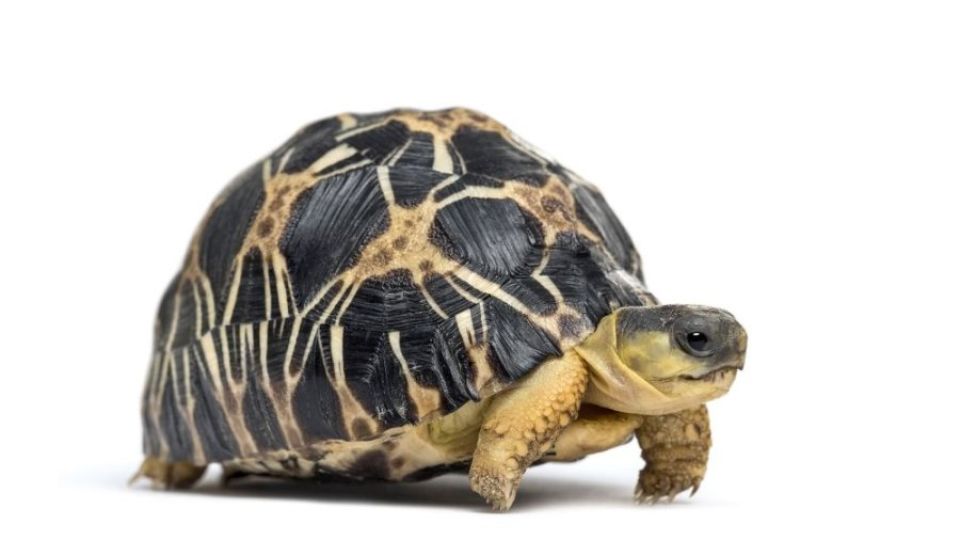April 27, 2023
PETALING JAYA – It’s the thrill of it that keeps Ron (not his real name) in the exotic pet game.
He was first bitten by the bug when he got a Mexican black kingsnake several years back.
But the beautiful, obsidian- coloured reptile is not venomous, and Ron wanted something more.
As social media rules our lives nowadays, he naturally went online to search for potential “pets” he could buy.
“I was scrolling through a group on (a social media platform) one day and saw there was an offer for a hognose snake, which is mildly venomous.
“It was odd as I knew you needed a permit for this type of snake, yet it was advertised for sale.
“I tried messaging the seller some questions and got some vague responses, so after a while I decided against buying it as I understood that he was most probably breeding it illegally.”
Ron’s experience highlights how easy it is to buy exotic pets illegally in Malaysia.
And this is happening despite more stringent laws on the illegal trade being put in place recently.
For instance, under the Perhilitan Act you can actually get arrested for keeping exotic, protected or endangered animals as pets without the proper licence or permit.
According to the Wildlife and National Parks Department (Perhilitan) of Peninsular Malaysia, the number of wildlife smuggling cases had gone down from 2020 to 2021 but increased sharply in 2022.
In a reply to emailed queries, the department said smuggling cases are now carried out on social media, with deliveries done through the post, public transport and even middlemen.
With this illegal trade following trends and moving online, laws need to be strengthened around online transactions, said Ecotou-rism and Conservation Society Malaysia president and chief executive officer Andrew Sebastian.The country has done well in updating various laws to strengthen and increase penalties for those caught smuggling or poaching Malaysia’s wildlife, said Sebastian.
“But there is a gap here, and we need to close any loopholes for the purchase of wildlife online.
“Engagement is needed with platform providers or even delivery services. Everyone has to be accountable and take responsibility of the chain of custody of illegal products,” he said.
“For far too long we have been puzzled why poaching is still rampant in the region and country.
“The answer is simple, but the solution is not – still, we have to start somewhere. A more holistic approach by having boots on the ground is needed,” he said.
Sebastian also believes that Malaysia is a regional hub for the import and export of exotic animals in the illegal wildlife trade.
“This is evident by the police’s constant interventions in January.
“It is a worrying trend as we do not see strengthened collaborations or integrated approaches among neighbouring countries in trying to solve the wildlife trade in this region,” he said.
Ecological Association of Malaysia president Prof Dr Ahmad Ismail said the increasing demand and high prices involved in this illicit trade also encouraged illegal hunting and poaching.
“Despite the revision of laws and penalties, wildlife trafficking and keeping as pets still occur.
“Penalties alone are unable to determine whether our wildlife is well protected as the perpetrators can only be penalised if they are caught,” he said.
He added that more strategies, such as better collaboration among stakeholders involved in curbing this trade, is needed, alongside an integrated approach of monitoring such activities using advanced technologies.
“Learning from other countries is important. Equally, we should not forget public education on wildlife protection, conservation and trafficking,” he said.
According to Ahmad, poaching and illegal wildlife trafficking are age-old issues in Malaysia that have caught the attention of wildlife conservationists worldwide.
“As a conservationist, I am more worried that the loss of wildlife will create imbalances in the ecosystem and create a domino effect with everything else.”
If you know of exotic pets being kept without a permit or being sold online illegally, you can help out by alerting Perhilitan.
“The public can report instances of smuggling through Perhilitan’s social media accounts, hotlines or Perhilitan offices,” the department said in a statement.
A directory of state offices is avaible at wildlife.gov.my; or you can call the hotline at 1800-88-5151 to report illegal trade and also for information on how to keep wildlife as pets legally.


